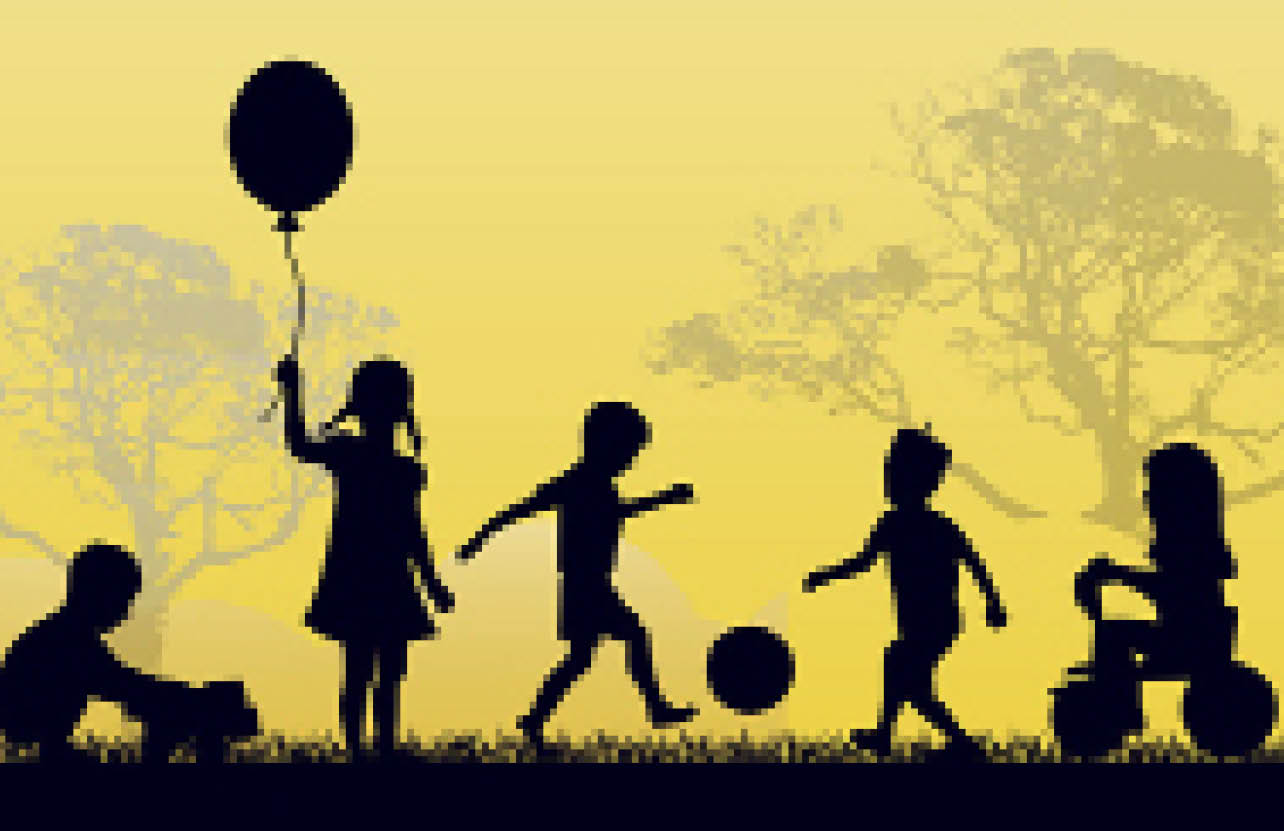Every May 27, the global community celebrates one of its ‘annual rituals’ tagged ‘the Children’s Day’, aimed at promoting mutual exchange and understanding among children and secondly to initiate action to promote the ideals of the UN Charter and the welfare of the world’s children.
While it defines a child as any person under the age of 18, the United Nations Children’s Fund, (UNICEF), in one of its Convention on the Rights of the Child, outlined specific rights for children including the right to: survival, a name, family life, private life, dignity, recreation, cultural activities, health services, and education.
To further explain these provisions, the world governing body added that all children have all these rights, no matter who they are, where they live, what language they speak, what their religion is, what they think, what they look like, if they are boy or girl, if they have a disability, if they are rich or poor, and no matter who their parents or families are or what their parents or families believe or do. No child should be treated unfairly for any reason.
UNICEF insisted that when adults make decisions, they should think about how their decisions will affect children. All adults should do what is best for children. Governments should make sure children are protected and looked after by their parents or by other people when this is needed. Governments, the Covenant added, must do all they can to make sure that every child in their countries can enjoy all the rights.
Van Nistelrooy leaves PSV with immediate effect
May 27, child rights, social media and child development
Even as it argued that government of every nation should let families and communities guide their children so that, as they grow up, they learn to use their rights in the best way, UNICEF submitted that every child has the right to be alive and governments must, therefore make sure that children survive and develop in the best possible way.
UNICEF’s position is well understood and appreciated particularly when one remembers that children are not only innocent but the most treasured possessions on earth that are loved by one and all and as grown-ups, we have the job of nurturing our kids to be strong and independent. And as parents and caregivers, we are doing the most important job here. We all have a role to play in treasuring our children.
The above fact notwithstanding, another area of concern that is as important as the celebration itself is parent’s inability to regulate the activities of their children on social media and the government’s payment of reluctant respect to quality education to these children.
To shed more light on the above, there was a veiled agreement among participants in a focused group discussion held recently in Lagos that what users make out of social media depends largely on their ability to perform, and engage their minds on tasks such as learning, reasoning, understanding and other activities known for its far-reaching positive impacts.
But in the present circumstance in Nigeria, the vast majority of parents have at different times and places, in their concern for values such as work, success, prestige, and money advocated that social media like a free press is an organic necessity in a society and if children are precluded from using social media to ventilate their sentiment on a matter which may involve the most serious and alarming consequences that can invite the consideration of mankind; their freedom of speech may be taken away, and dumb and silent they may be led, like sheep to the slaughter’.
Undoubtedly, looking at the crowd of Nigerian children that fraternise with the social media with “exiting progress’’, recorded in this direction, and instincts coming from the larger society, it is evident that social media has great power to educate, create new ideas and promote human relations. But just as an unchained torrent of water submerges whole countryside and devastates crops, even so, uncontrolled use of social media serves but to destroy.
This is the reality confronting our nation.
If this line of reasoning is correct, it will necessitate the posers as to; how many of the children/youths in Nigeria would stand the test? Who will stop those that cannot apply the virtue of moderation in their use of social media? And who should be the judge? Or must we as a nation allow the useful and the useless like good and evil go on together allowing our nation to reap whatever fruit that comes?
The solution to these problems, urgent as they are, must be constructive and rational.
First, parents must not fail to remember that the formation of a child is a delicate one. In fact, experts have described adolescence as a period of the storm, a stage in the developmental growth of the child that drives the youths to explore and express their psychosexual self to possibly know more about the world around them. Once the point is missed, such ignorance and mistake by the parents causes on the child an opening that many a time is voluntarily but wrongly filled by the social media posing as a friend.
What children desire most from their parents are love, solidarity, peace, faith and not unhindered or uncensored access to social media.
Beyond the above concern, lays the question as to how the government contributes to the children abuse of social media.
Certainly, the not-too-impressive educational system characterised by incessant industrial action on one hand, and the quality of materials youths are exposed to by teachers in the name of education should be a source of worry to all.
It is, therefore, important to underscore that the menace posed by the activities of our youths was created by the youth, accelerated by parents and government.
An effort, therefore, must be made by all to end its existence and erase the guilt.
Catalysing the process will require parents becoming more religious in monitoring the activities of their wards.
Similarly, it will be rewarding in social and economic terms if the government pays more attention to the nation’s educational sector as a way of getting these youths gainfully engaged-this, no doubt holds the possibility of ending the fake news scourge on our political geography.
Nigerian children/youths on their part must develop the Spartan discipline to reorganize, and go for activities with high moral values.
Utomi is the Programme Coordinator (Media and Policy), Social and Economic Justice Advocacy (SEJA), Lagos

 Join Daily Trust WhatsApp Community For Quick Access To News and Happenings Around You.
Join Daily Trust WhatsApp Community For Quick Access To News and Happenings Around You.

